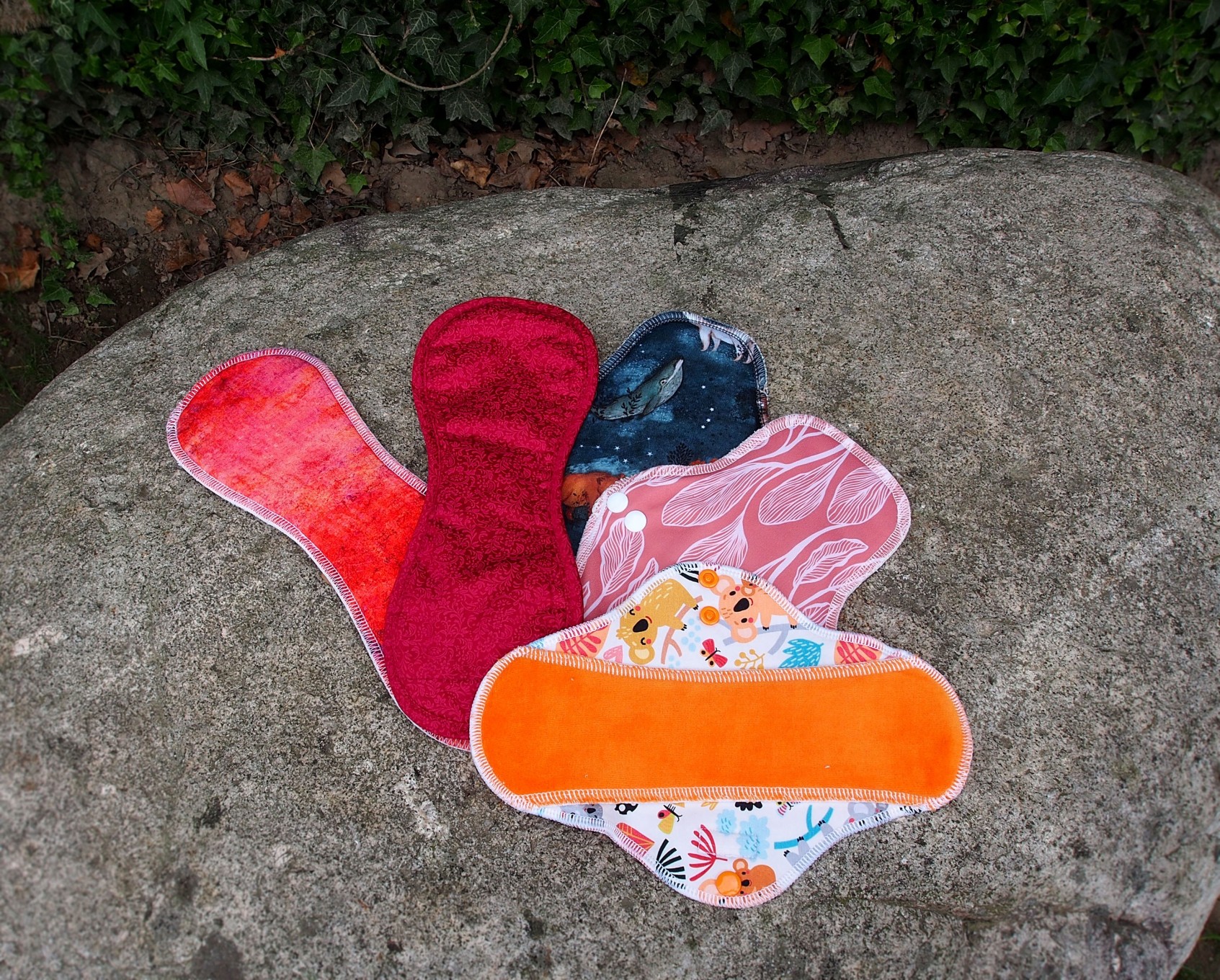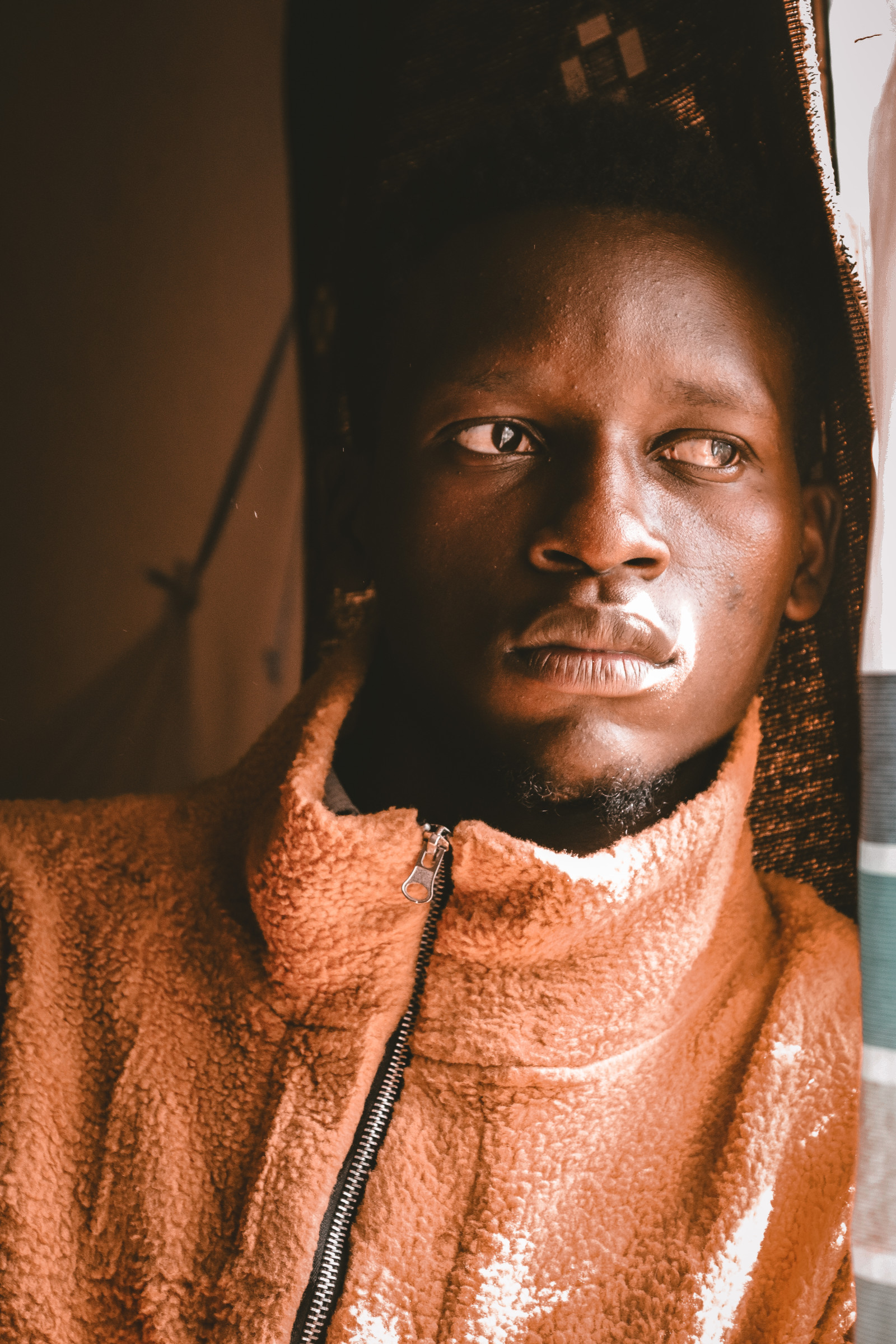Every single day, countless women and girls are confronted with the arduous task of choosing between acquiring a sanitary pad or fulfilling their most basic needs. According to a UNICEF report, approximately 1 in 10 girls in sub-Saharan Africa miss school during their menstrual periods due to lack of access to menstrual products(Source: UNICEF), and they are plagued by the apprehension of being subjected to criticism and ridicule. Consequently, some resort to using rags, mattresses, and fragments of cloth to stanch their bleeding because conventional sanitary pads are excessively costly, which is a significant challenge for those whose families subsist on less than a dollar a day.
The issue of menstruation is an area that is only partially addressed or taught in our education system. Unfortunately, menstruation is often perceived as an embarrassing and taboo subject in some parts of Africa, where menstruating girls and women are considered impure and excluded from social and religious events. This has created a culture of silence, where girls rarely discuss the challenges of menstruation, leaving many to ponder if others are encountering similar obstacles.
When girls are not given the opportunity to discuss their menstrual challenges, they may begin to think that their experiences are unique and abnormal. This can lead to a further sense of isolation and a reluctance to seek help or support. Moreover, not discussing menstruation openly can limit access to accurate and helpful information about menstrual health. This lack of knowledge can contribute to harmful beliefs and practices, including the use of unsanitary materials and misconceptions about menstrual hygiene.
During a recent plenary session of the Kenyan Senate, Senator Gloria Orwoba was expelled from the chamber due to the presence of a stain on her trousers. The senator attributed the stain to her menstrual period and deemed it a natural occurrence. However, her explanation was dismissed, and she was subsequently forced to leave the session. Senator Orwoba voiced her displeasure, citing that her expulsion was due to the stigma surrounding menstruation that women and girls face, particularly the expectation to conceal menstrual symptoms and experiences. Her remarks highlight the persistence of negative attitudes and beliefs towards menstruation that perpetuate gender-based discrimination and undermine menstrual health and hygiene
Menstruation stigma can manifest in different ways, including myths and taboos around menstruation, limited access to menstrual hygiene products, restrictions on daily activities, and discriminatory practices in healthcare, education, and employment
Menstruation stigma can have a significant impact on the physical and emotional health of people who menstruate. It can lead to reduced self-esteem, anxiety, and depression. Additionally, the shame and secrecy around menstruation can discourage people from seeking medical care when they have menstrual-related health issues.
"I get disappointed when members of parliament slash money for sanitary pads; like the current budget, they slashed from KSH 470M to KSH 260M. It's a matter of human dignity"
George Magoha, cabinet secretary of Education 23 April 2022
The taxation of menstrual products has been a contentious issue in Kenya, is it worth taxing or rather reducing money allocated for sanitary pads a necessity in a young girl's life, yet they seat there discussing how to increase their allowances and get some top-notch vehicles. These are just ways to embezzle public funds with some mediocre and unnecessary expenditures.
It is time to break the silence and address the menstruation stigma in Africa. We need to increase awareness and resources to improve menstrual health and hygiene and provide access to affordable menstrual products. We must create a culture where menstruation is not viewed as taboo but as a natural part of life. By doing so, we can create a more supportive and inclusive environment for girls and women in Africa.


Login to join the discussion